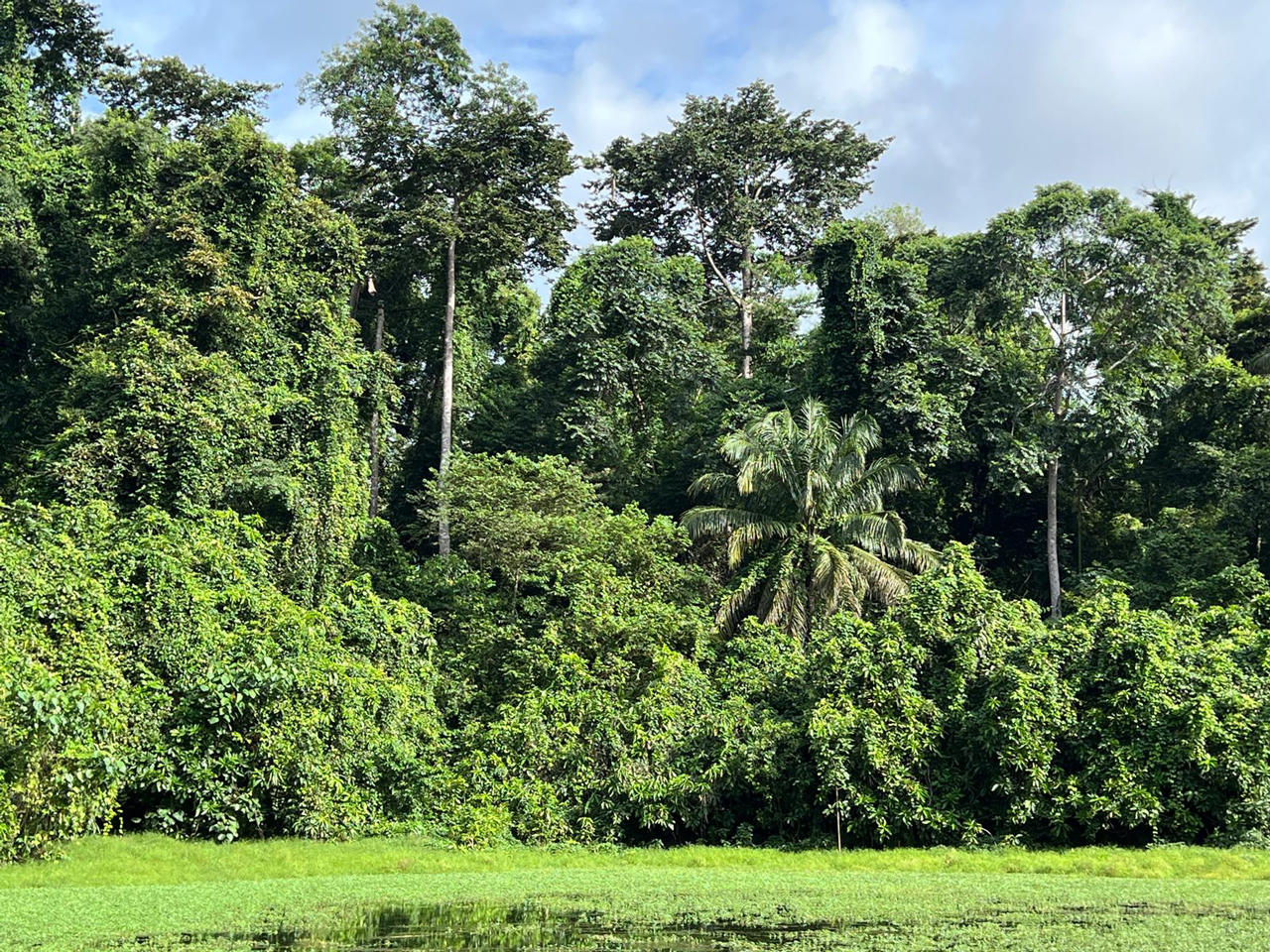GREEN
Generating Resilience through Ecological Enhancement in Ngezi forest

Country
Partner
A new future for the Ngezi-Vumawimbi forest and for the communities of Pemba Island
Covering just 29 km², the Ngezi-Vumawimbi Forest on Pemba Island (Zanzibar Archipelago) holds global significance due to its unique biodiversity. As the last remaining patch of indigenous forest on the island, it is severely threatened by unsustainable resource use. Despite its ecological importance, the forest remains almost unknown to tourism, and the lack of financial and human resources for its management puts its survival at risk.
The GREEN project is the first significant investment in the last 20 years aimed at protecting this valuable ecosystem. We are committed to safeguarding it through an integrated approach that promotes local economic development and ensures long-term sustainability.
To protect the Ngezi-Vumawimbi Forest, we are focusing on four key areas.
1. Biodiversity conservation
The Ngezi-Vumawimbi Forest is supported by an ambitious conservation programme, engaging both local and international experts in broad ecological monitoring efforts. Activities encompass baseline assessments and ongoing surveys of plant species, birds, mammals, reptiles, and insects, using specialised field methods and innovative technology. With five extra forest guards, Oikos is enhancing forest protection by expanding monitoring protocols, boosting patrolling capacity, and organising targeted training for both community members and forest guards. The project is also specifically focusing on law enforcement and promoting best practices for forest management.
2. Active community involvement
Community empowerment lies at the heart of our efforts. Large-scale education and awareness campaigns reach thousands of adults and children, inspiring engagement and stewardship. Activities emphasize improving waste management and environmental sanitation through training programmes, collaborative clean-up days, composting centres, and upcycling workshops for students and youth. Practical support ensures local involvement in every step, strengthening sustainable economic opportunities within the reserve’s buffer communities.
3. Promotion of responsible tourism
Given that the forest has an high potential for nature-based tourism, we are diversifying recreational opportunities. New visitor activities include the development of walking and bike trails, guided tours, canoe excursions, a butterfly house and educational programmes featuring local biodiversity and cultural heritage. Investments in infrastructure, like visibility panels, visitor centres, and supporting facilities, invite more people to experience the forest’s wonders. Local stakeholders are trained to become tour guides and ecological ambassadors, ensuring tourism contributes positively to conservation and community well-being.
4. Strengthening Governance and Sustainability
The project facilitates inclusive stakeholder engagement for land use planning, buffer zone mapping, and consultations on reserve status upgrade. Collaborative development of strategic management plans and operating procedures guarantees that conservation priorities are aligned with local needs and aspirations. Assessments of ecosystem services and feasibility studies for conservation funding mechanisms, including innovative approaches like biodiversity and carbon credits, are conducted, laying the groundwork for enduring benefits to the environment and local communities.
This integrated approach ensures that the Ngezi-Vumawimbi Forest receives the holistic support needed to thrive, balancing ecological integrity with community development and responsible stewardship.
Il progetto in numeri
180k
potabile in Tanzania
22k+
raccolti a Ibo, Mozambico
52k+
in Mozambico e Myanmar
11k+
di educazione nel mondo
200
di attività economiche
in Tz e Myanmar
1700
in Italia
1700
in Italia
52k+
in Mozambico e Myanmar
1700
in Italia
